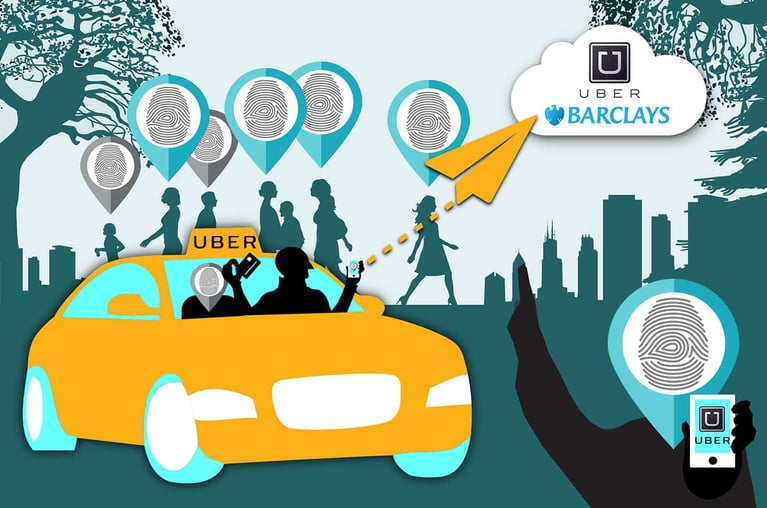Suddenly, "Data" Is Both an Opportunity…and a Battleground
Feb 18, 2016 / By Vanessa Horwell
Data. Big Data. Smart data. Personally Identifiable Data. Real-time data. Mobile data.
That fact that everyone is suddenly talking about data serves as a potent reminder of how critical it is. Now that nearly every activity and function in our lives is performed on an always-present smartphone or somehow connected to the Internet, the data that results is a living, breathing, trackable digital trail. In essence, each smartphone owner today carries in his/her pocket a mobile bank vault, file cabinet, phone log, medical chart, personal diary, photo album and an intimate transcripts of everyday life.
Some of the data is extremely personal, and all of it framed in an expectation of security.
Retailers and markers have been talking about data for years, primarily because its value inhelping them better understand who their customers are and how to target, communicate and market to them more effectively. Nearly every major industry conference today – regardless of the industry – schedules a session or panel discussion about "big data."
The benefits vs. risks of "unlocking" data
But now, data has become a touchpoint because of the federal government's request to Apple to unlock a terror suspect's iPhone. The iPhone might have data that could help FBI investigators track terrorist activity and connections linked to a December 2015 mass shooting in San Bernardino, CA.
Apple CEO Tim Cook is pushing back, saying that hacking into the phone would violate the promises it makes to customers about the security of their phone data. Further, he claims the government's request to "break" the phone – if implemented -- would create a software trail that (in the wrongs) potentially could make every iPhone around the world vulnerable as well. Libertarian Presidential candidate John McAfee (and a cybersecurity expert) has offered to unlock the phone for free as a way of preserving the integrity of data in all phones and customer privacy in general.
How willing are consumers to share data?
In the marketing world, sharing data and mining data is the norm – even the foundation of mobile marketing in general. Today's always-connected consumers have indicated a willingness to share personal data – if what they get in return is valuable enough. Eighty percent (80%), in fact, would make their information available to receive valuable coupons and rewards from a favorite brand, for example, and more than 60% would do so in exchange for exclusive customer service, fewer marketing messages or special event invitations.
Marketers rely on data to send text messages, target promotions to specific locations, segment their customers and communicate in real time with them – just a few of the strategies in their playbooks. The entire concept of "personalized marketing" is built solely on access to vast pools of consumer data -- information about what they buy, how much they pay, what they search for online, which products they abandon in online shopping carts, and what they type into forms when they sign up on websites, download apps or join loyalty programs.
On the other hand, almost two-thirds of consumers say they have not yet paid for anything via a mobile wallet because of concerns about hacking, identity theft and fraud. Consumers are clearly aware – based on credit card hacks, phishing scams and outright malware attacks – that all of their digital data is somehow at risk.
Finding a balance
What remains to be answered in the current government vs. privacy discussion about data is how consumers and citizens will react to requests for their personal information if what they receive in exchange is the potential for a safer world.
Let's hope officials in all arenas – marketing, retail, government, law enforcement, technology, health care, finance and communications – find a balance in how to protect data and how to use data, without undercutting the very foundations of a healthy economy, a safe nation and the foundational principles of utmost personal privacy.
We'd love to hear your thoughts on this data debate. How much data are you willing to share? Why? And why not?
Sign up for our insights on the convergence of business and PR





